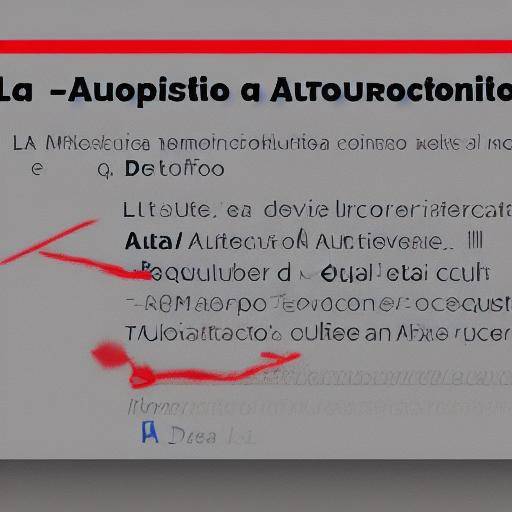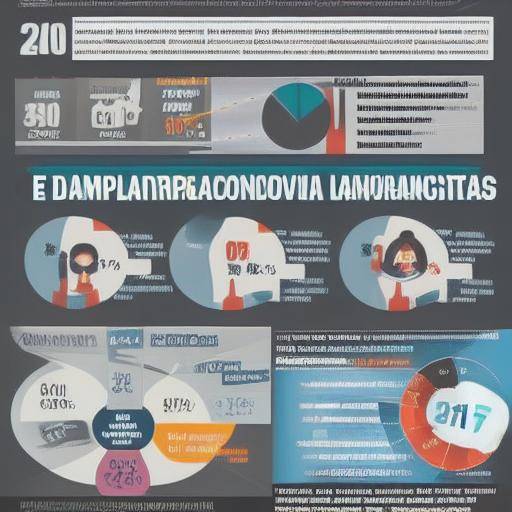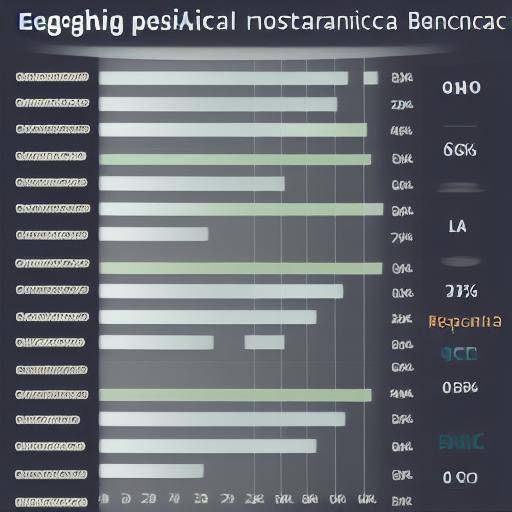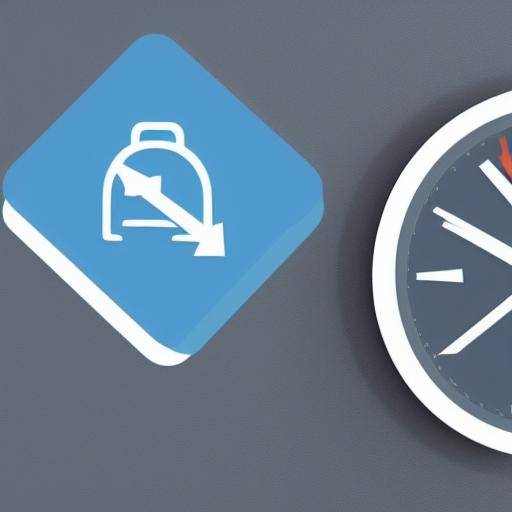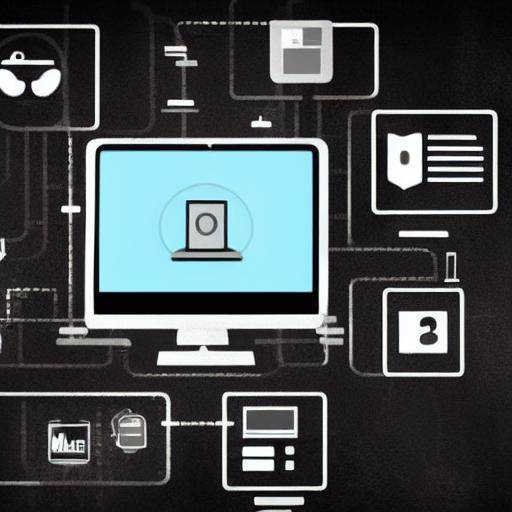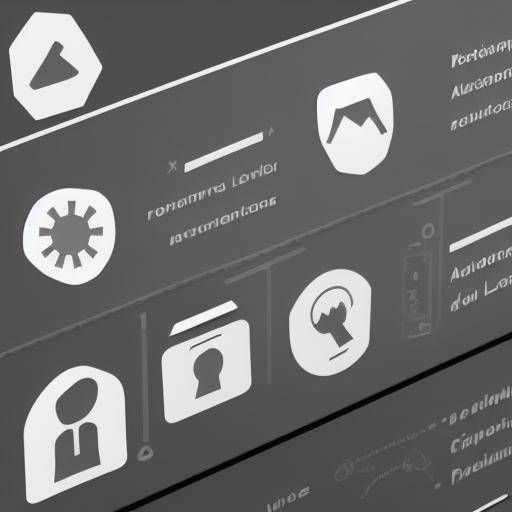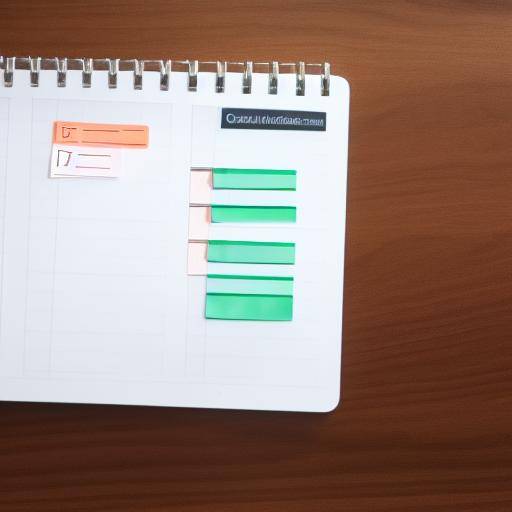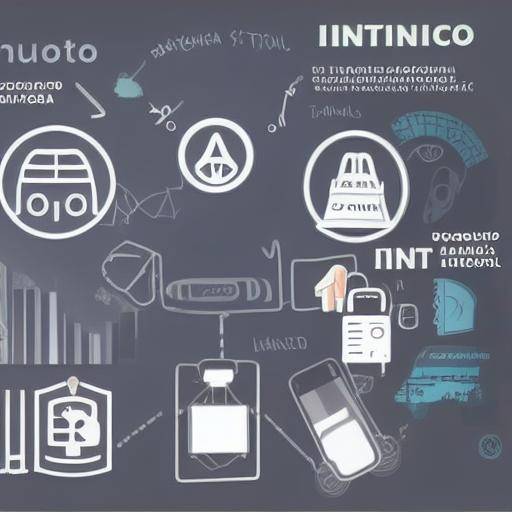
In the agitated modern life, effective time management has become a constant challenge for all. Reflection in time management, the continuous adjustment of planning and the search for constant improvements are fundamental aspects to optimize time and maximize productivity. In this article we will explore in depth the importance of reflection and continuous adjustment in time management, providing information, strategies and practical advice supported by expert analysis and actual cases.
Introduction
Time management is a key factor in personal and professional life. The effectiveness in the allocation and use of time largely determines success in achieving goals and targets. Reflection on how time is used and the ability to continuously adjust planning are critical skills to optimize workflow and quality of life.
Reflection in Time Management: Origins and Importance
Reflection in time management has been a skill appreciated since ancient times. In ancient Rome, Séneca said: "We do not lack time, we lack reflection." This timeless thought highlights the importance of stopping, evaluating and adjusting the use of time. Advancing history, great leaders and thinkers have reaffirmed the importance of reflection in time management, providing momentum and direction to future generations.
In the modern era, the accelerated pace of life has made reflection even more crucial. The ability to self-evaluate and critical analysis of daily activities allows us to identify areas of improvement, prioritize tasks and focus on the truly relevant. Therefore, reflection in time management not only returns to antiquity, but also adapts to contemporary demands.
Continuous planning adjustment: Strategies and challenges
Continuous planning adjustment is a dynamic capacity that implies flexibility to adapt to changes, unforeseen and new priorities. This capacity not only requires an open attitude towards the modification of plans, but also a insightful understanding of how to maximize efficiency in the use of time. Technological advances, globalization and constant interconnection have generated a constantly evolving environment, where the ability to adjust planning becomes key to success.
However, the continuing adjustment of planning does not lack challenges. Overestimation of capacities, lack of clear criteria for prioritizing tasks and resistance to change are common obstacles faced by people to try to adjust their planning. Identifying and overcoming these challenges is crucial to optimize time and achieve a balance between adaptability and stability in time management.
Continuous improvement: Innovation and Adaptability
The constant search for improvements in time management implies a proactive approach to optimize organizational processes, habits and techniques. Continuous improvement goes beyond the simple adaptation of planning; it involves innovation, learning and willingness to incorporate best practices. The ability to adapt to new circumstances, take advantage of updated tools and resources and learn from past experiences are key aspects of continuous improvement in time management.
Comparison between reflection, planning adjustment and continuous improvement
By comparing reflection in time management, planning adjustment and continuous improvement, it is important to highlight their interrelations and how they complement each other. Reflection provides the starting point for evaluating the use of time, identifying areas of improvement and setting goals. Continuous adjustment of planning allows adapting to changing situations, correcting deviations and optimizing the execution of tasks. Meanwhile, continuous improvement focuses on constant evolution, the search for new strategies and the incorporation of best practices.
Practical advice to implement reflection, planning adjustment and continuous improvement
In order to carry out effective time management, it is essential to apply reflection, planning adjustment and continuous improvement in a systematic way. Some practical tips include creating dedicated spaces for reflection, using flexible planning tools and adopting an open mindset for change and innovation. In addition, establishing performance indicators, receiving results information and being willing to learn from mistakes are key aspects to improving the application of these skills.
Perspectives and Perceptions of Time Management Experts
The vision of time management experts provides a valuable perspective on the importance of reflection, adjustment of planning and continuous improvement. Interviews with productivity and time management leaders provide information on the most effective strategies, common challenges and emerging trends in time management.
Case studies and practical applications
The analysis of real cases of reflection implementation, planning adjustment and continuous improvement in different contexts offers practical examples of how these skills influence concrete results. From business environments to everyday life, case studies offer tangible examples of how time management is affected by the effective application of reflection and continuous adjustment.
Future trends and predictions
The world of time management is constantly evolving, and it is crucial for people and organizations to keep abreast of emerging trends. Predictions based on expert analysis and current data provide a vision of the future of time management, pointing to potential disruptive changes, technological advances and new opportunities to optimize productivity.
Conclusion
In conclusion, reflection in time management, the continuous adjustment of planning and the constant search for improvements are fundamental pillars in time optimization and the achievement of significant results. The ability to continuously reflect, adjust and evolve will enable people and organizations to strategically position themselves in a dynamic and competitive environment. In implementing the principles and strategies discussed in this article, it is possible to improve time management to achieve an effective balance between productivity and well-being.
Frequently asked questions
Why is it important to reflect on time management?
Reflection in time management is crucial because it allows us to evaluate how time is used, identify areas of improvement and set goals. Reflection provides clarity and direction, giving priority to tasks and making more informed decisions.
How can I continually adjust my plans?
Continuous adjustment of planning requires flexibility, criteria for prioritizing tasks and will for change. It is essential to maintain an open mindset, to be attentive to environmental changes and to adapt planning accordingly.
What is the impact of continuous improvement on time management?
Continuous improvement of time management allows the optimization of processes, organizational techniques and working habits. This leads to greater efficiency, productivity and adaptability to changing environments.
How to apply reflection and continuous adjustment in working environments?
In working environments, it is important to devote specific time to reflection, promote a culture of learning and flexibility in planning, and encourage constant feedback to adjust results-based strategies.
What are the emerging trends in time management?
New trends include the integration of more advanced time management technologies, the approach to labour well-being, the development of collaborative tools and the adoption of agile time management methodologies.
What are the common challenges in the implementation of reflection and continuous adjustment in time management?
Common challenges include resistance to change, overestimation of capacities and lack of clear criteria to prioritize tasks. Identifying and overcoming these challenges is critical to optimizing time management.
Summary
Time management is a fundamental aspect of everyday life, both at the personal and professional levels. The reduction in time management, the continuous adjustment of planning and the constant search for improvements are essential skills to optimize time and maximize productivity. Through the implementation of key strategies, advice and principles, time management can be improved to achieve an effective balance between productivity and well-being.






